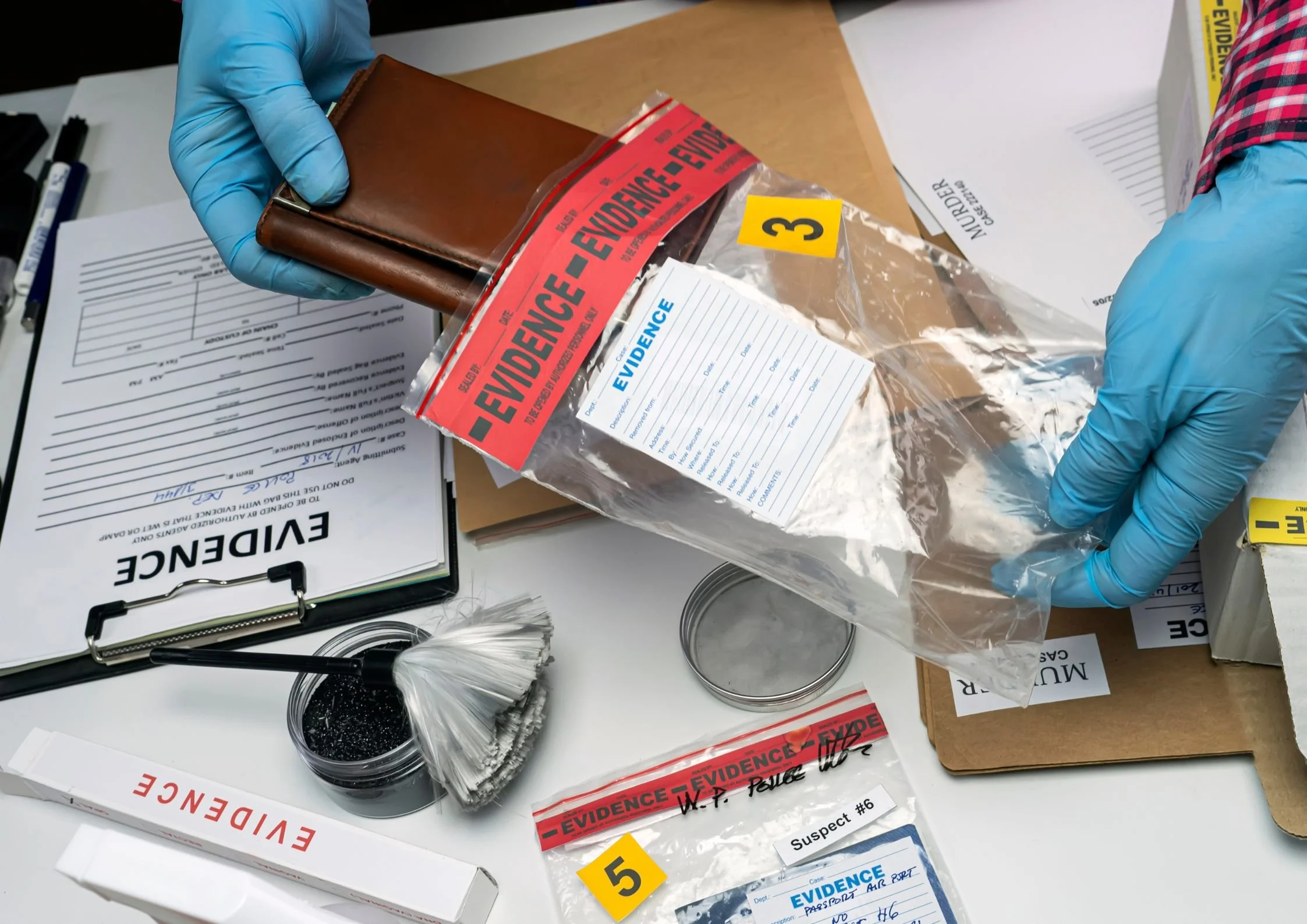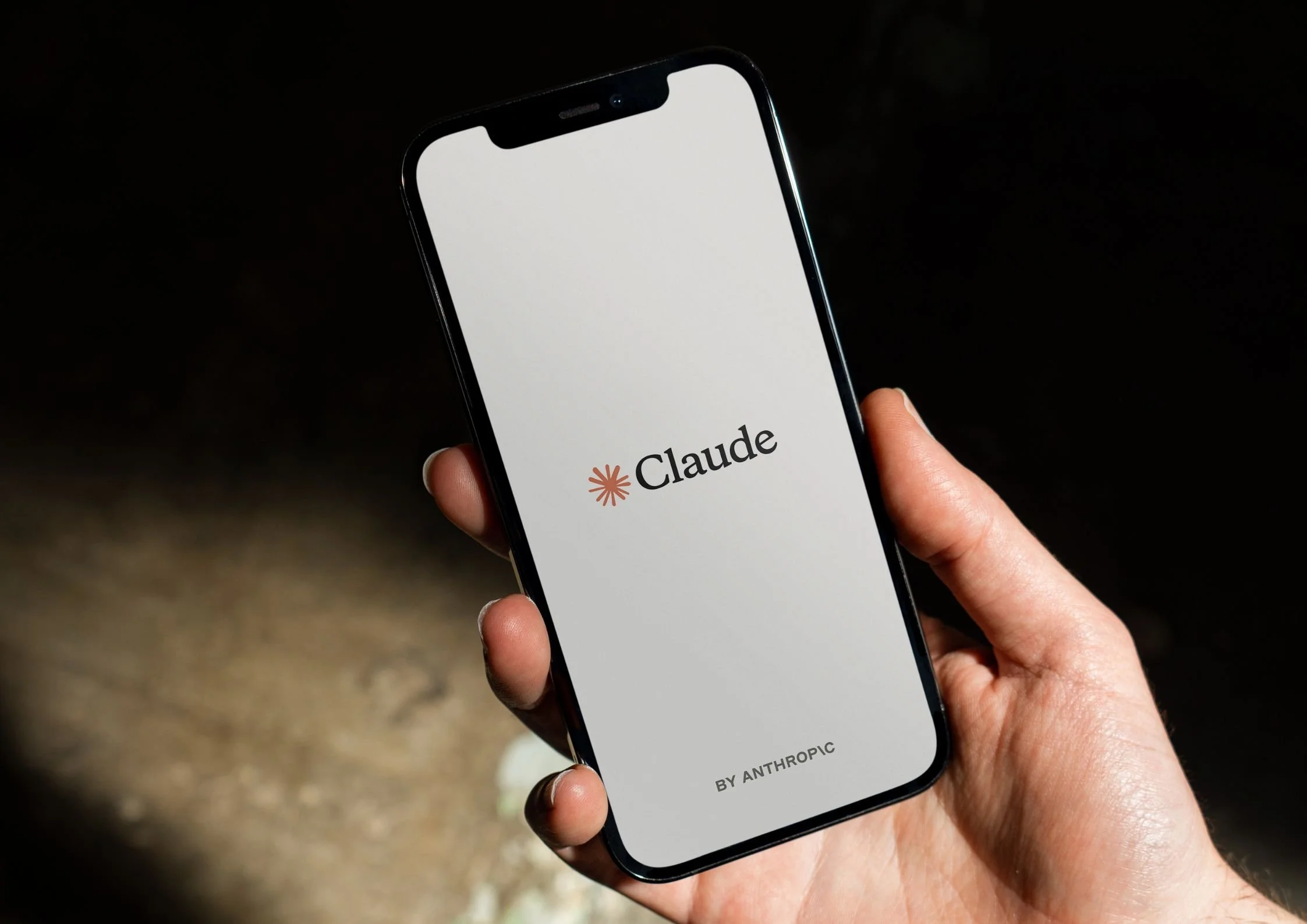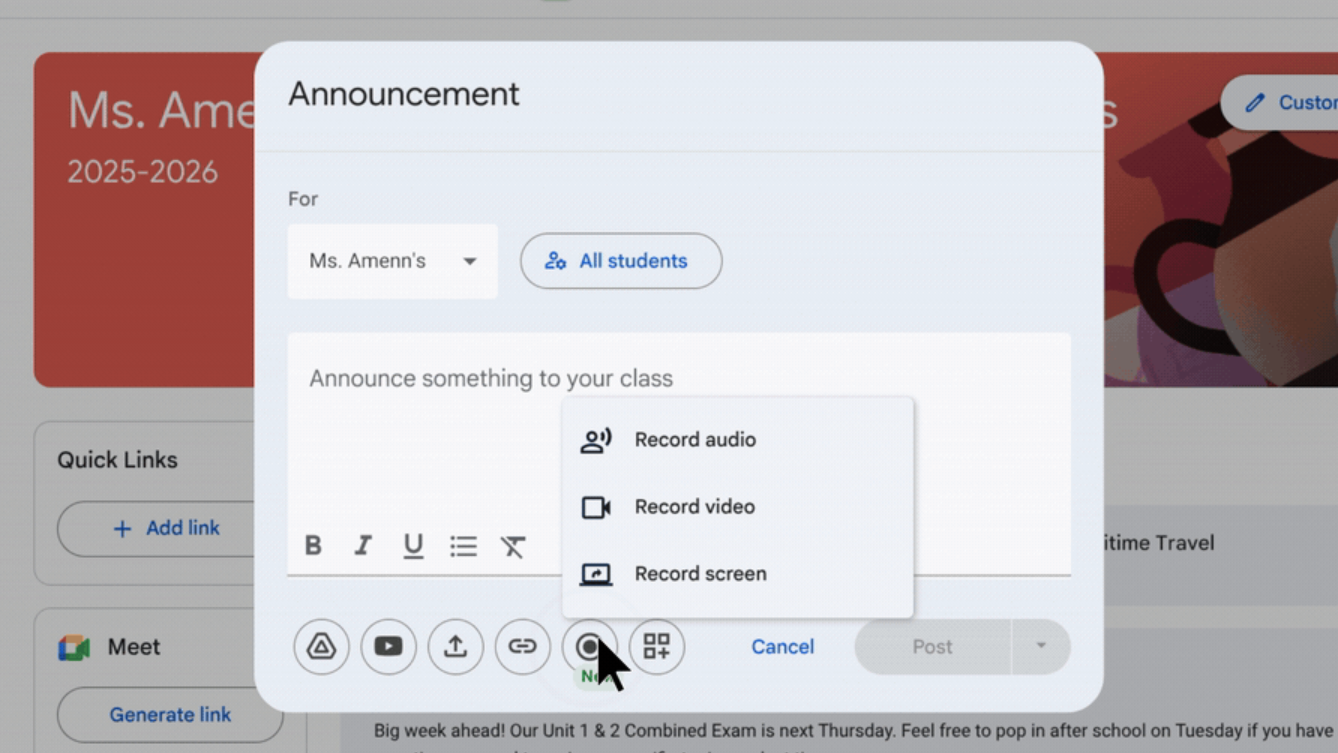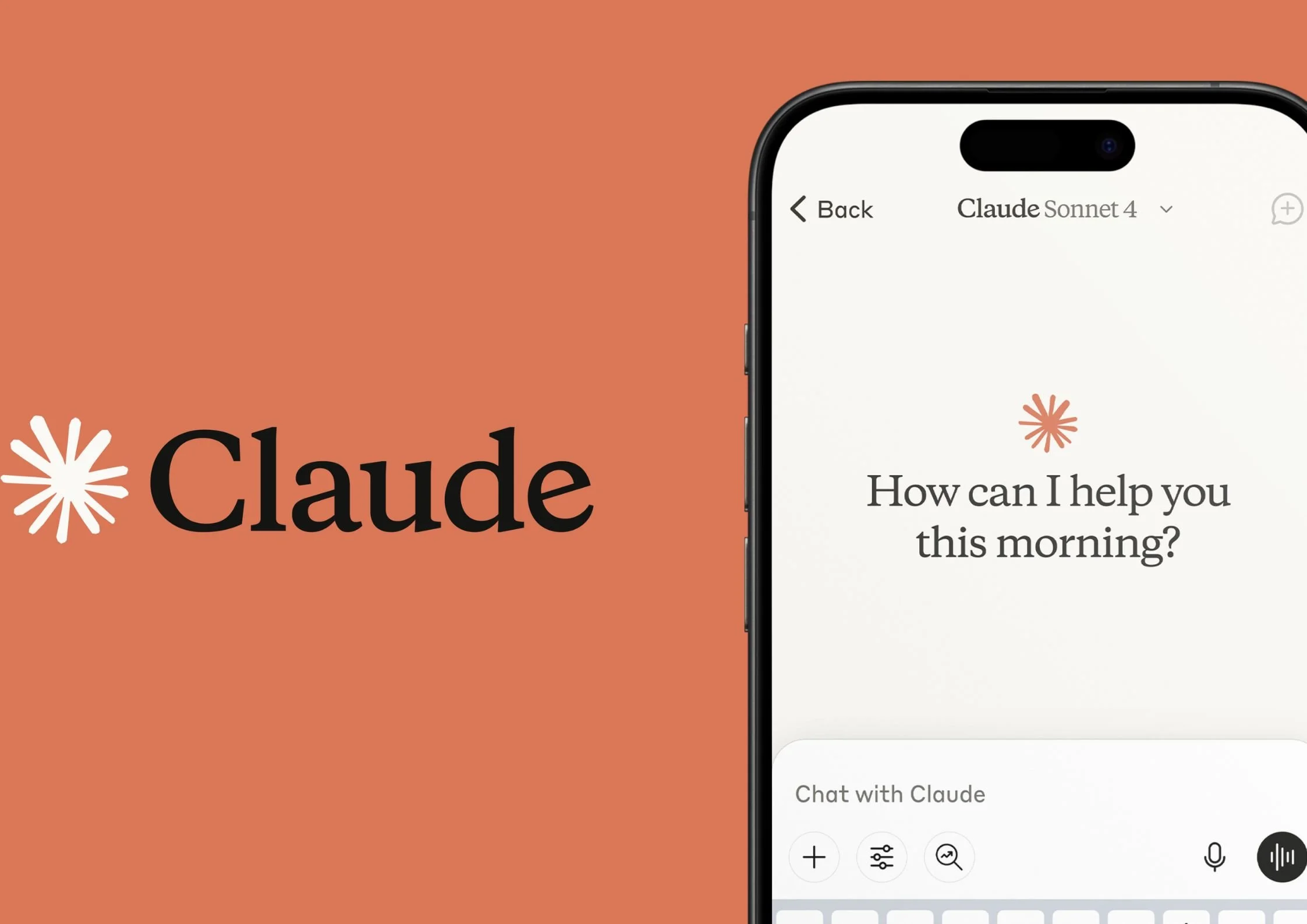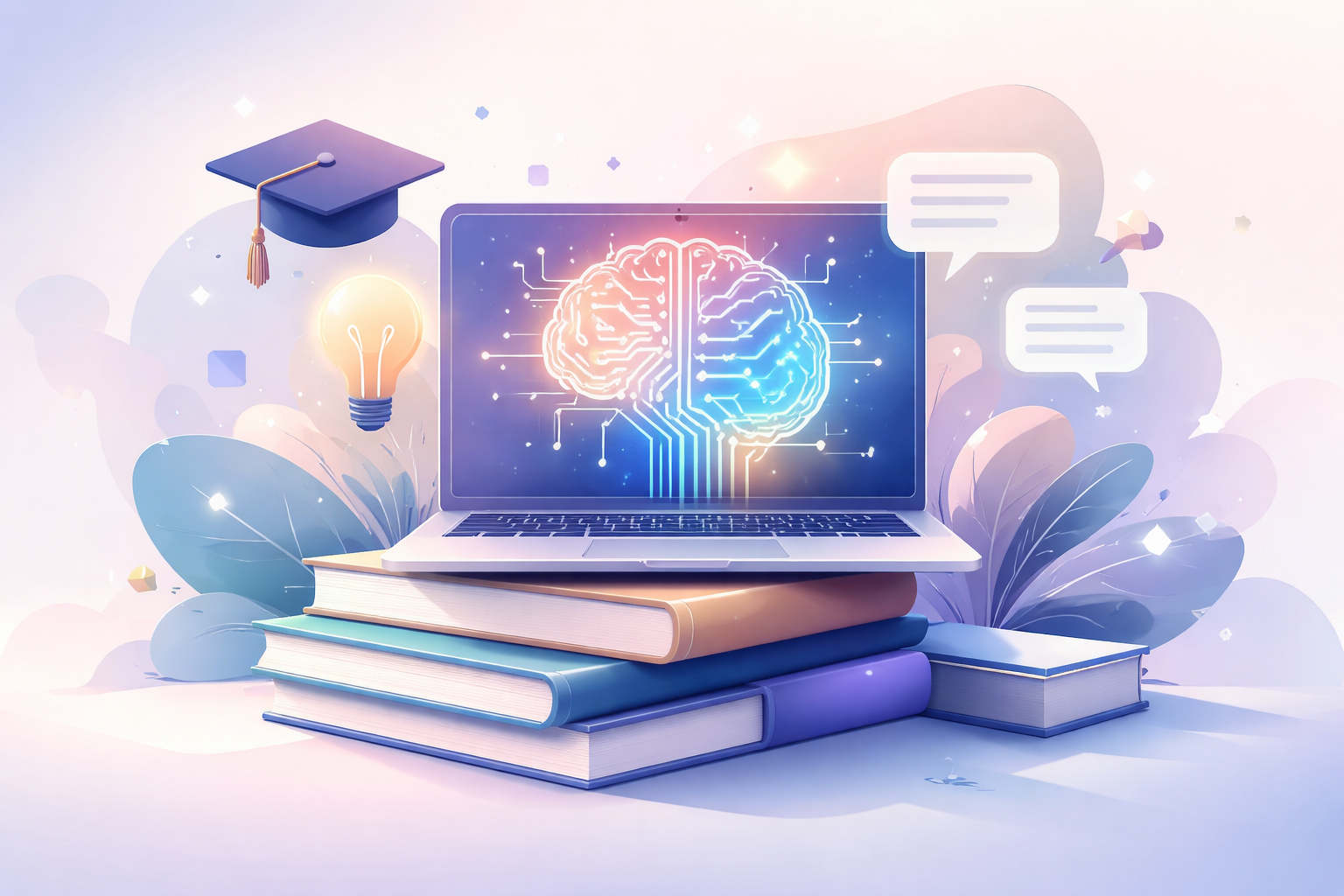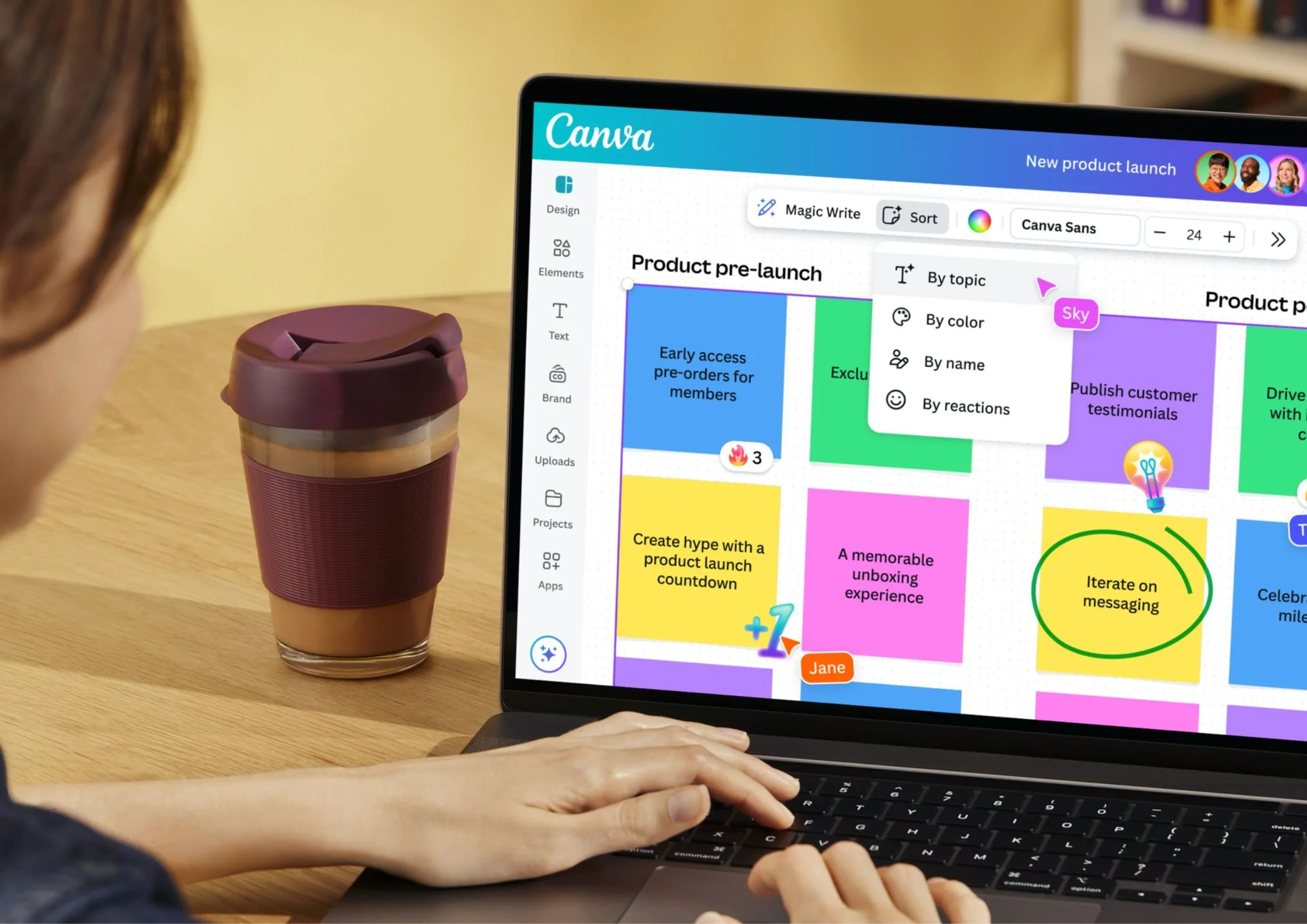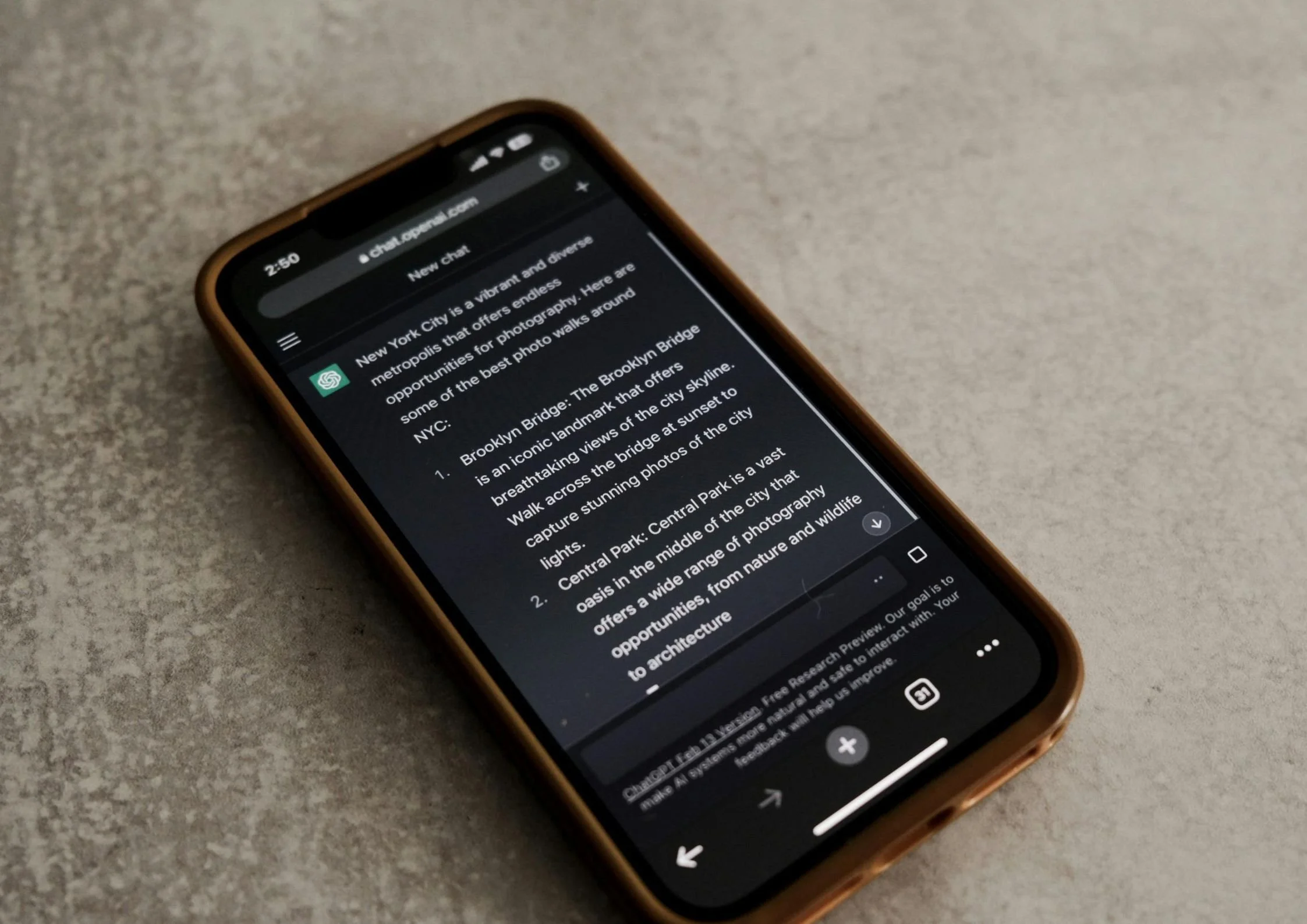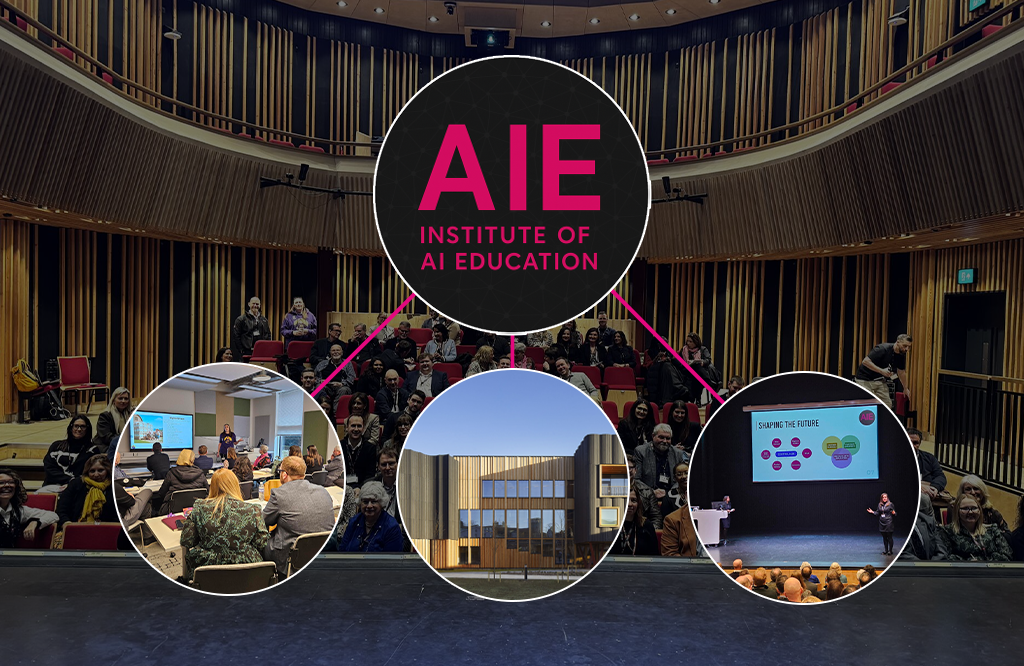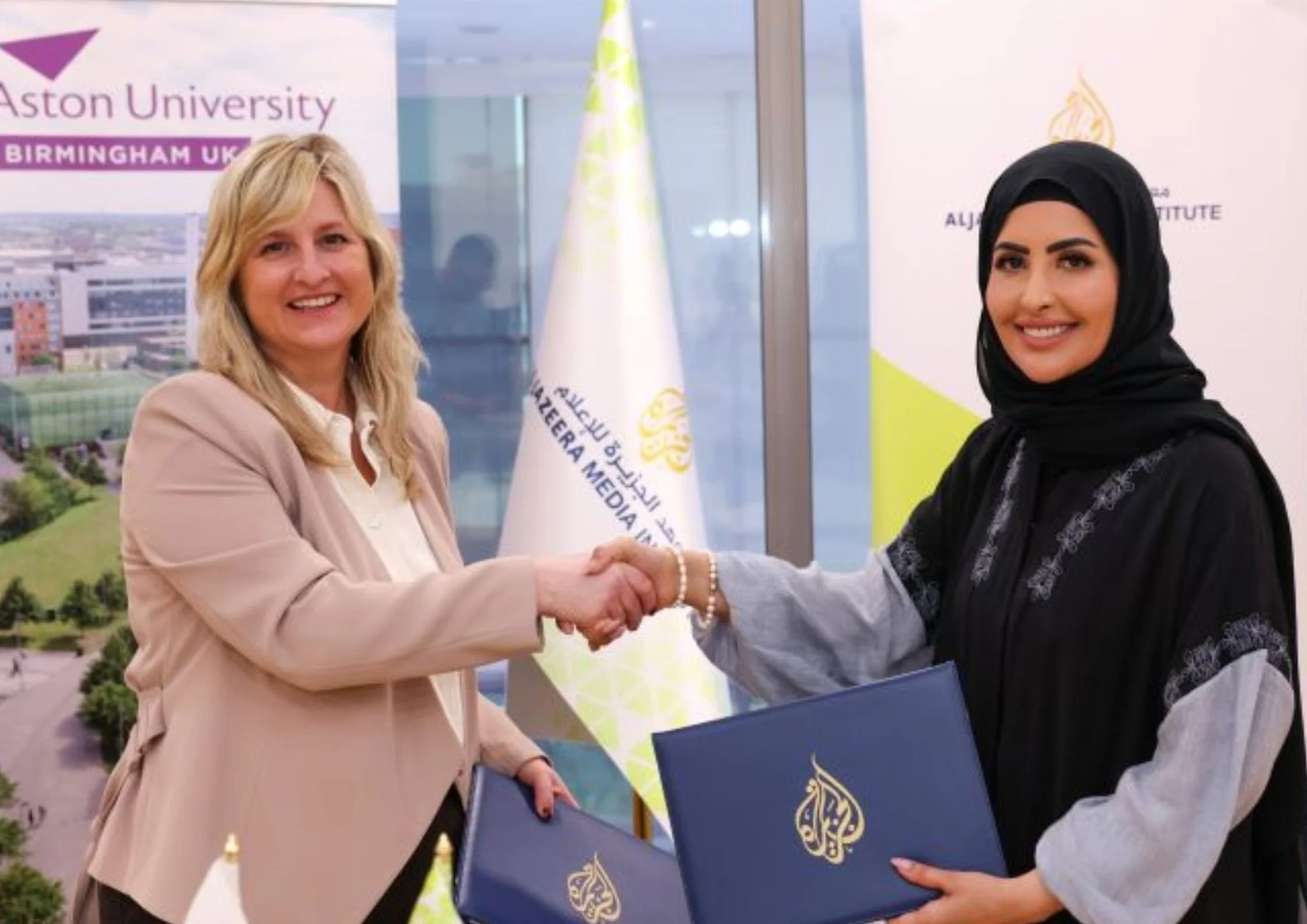Harvard study links early brain development to reading difficulties in children as young as 18 months
Photo credit: Veasey Conway/Harvard Staff Photographer
A new longitudinal study from the Harvard Graduate School of Education finds that children who develop reading difficulties may show signs of divergence in brain development as early as toddlerhood, far earlier than previously thought.
The research comes from the lab of Nadine Gaab, associate professor of education, and draws on a decade-long study of brain development from infancy to childhood. Using MRI scans and behavioral assessments, Gaab and co-authors Ted Turesky, Elizabeth Escalante, and Megan Loh tracked 130 children, starting from as young as three months old.
Implications for early screening and policy
Gaab says the findings underscore the importance of early identification and intervention for children at risk of reading difficulties.
“Our findings suggest that some of these kids walk into their first day of kindergarten with their little backpacks and a less-optimal brain for learning to read, and that these differences in brain development start showing up in toddlerhood,” Gaab says. “We’re currently waiting until second or third grade to find kids who are struggling readers. We should find these kids and intervene way earlier because we know the younger a brain is, the more plastic it is for language input.”
The study also finds that phonological processing a key predictor of decoding and word-reading skills, mediates the relationship between early brain development and later reading performance.
Unique scope and focus of the study
Turesky notes that while other studies have tracked childhood brain development, this one is the only longitudinal study globally that starts in infancy and continues through childhood with detailed literacy outcome measures.
“Those other studies had bigger sample sizes than we did, but they were much more focused on typical maturation of the brain,” Turesky says. “We didn’t see other studies that started in infancy, tracked brain maturation in the same set of kids for as long as we did, and included academic outcome measures.”
Gaab adds, “Most people think reading starts once you start formal schooling, or when you start singing the ABCs. Reading skills most likely start developing in utero because the fundamental milestone skill for learning to read, which oral language is part of, is the sound and language processing that takes place in the uterus.”
Funding uncertainty threatens continuation
The team had planned to follow the same cohort into middle and high school, but the future of the project is now uncertain due to recent federal funding cuts. The researchers received a fundable score from the National Institutes of Health (NIH), but the termination of NIH funding to Harvard may prevent further data collection.
“It’s really sad because these kids will go out of the study and will go on to college, and they will be lost forever,” Gaab says. “It would provide such important information to measure at least their reading comprehension, even if we don’t see their brains again, in middle school and early high school.”


